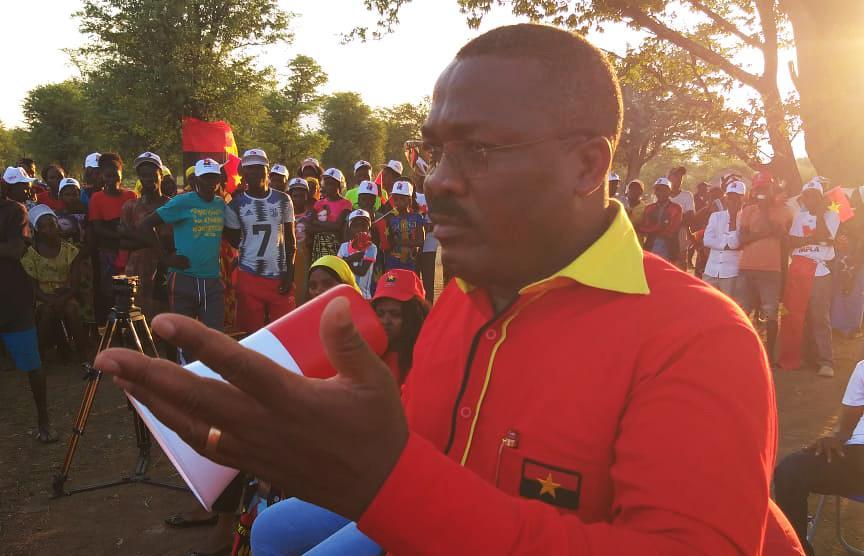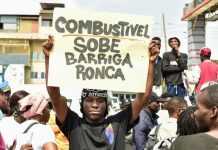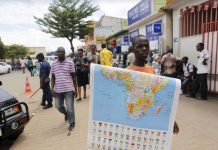Africa-Press – Angola. The Executive should expand the program of social monetary transfers to more municipalities and increase the monthly amount allocated to families, to better cover their difficulties, suggested Monday, the deputy of the MPLA Parliamentary Bench, Vigílio Tyova.
Known by the acronym “Kwenda”, it is an Angolan Government program, whose implementation is in charge of the Local Development Institute (FAS), valued at US$420 million, US$320 financed by the World Bank and the remainder by the National Treasury.
The program has four components, namely Social Monetary Transfers, Productive Inclusion, Municipalization of Social Action and Reinforcement of the Single Social Register.
Currently, each registered family receives 51,000 kwanzas every six months, at the rate of 8,500 kwanzas/month, a value that Vigílio Tyova considers “derisory” for meeting the needs of the vulnerable population.
Speaking to the press, at the end of the five-day visit to evaluate public programs in the municipalities of Quipungo, Quilengues and Cacula, by deputies from the national and provincial cycle, he referred that it is necessary to find a way to urgently expand the initiative.
“The amount allocated is small and has not yet covered all municipalities and in the case of the province, only Cacula, Quilengues, Humpata and Gambos are covered, however, in the first two there are operational constraints o between the responsible institution and the local services , which are the focal point for the execution of monetary transfers”, he alluded.
He detailed that in the municipality of Cacula, Kwenda has difficulties in locating the beneficiaries, as most of the registration was done during the Covid-19 pandemic, marked by travel restrictions.
He stressed that in most cases there are difficulties in locating the beneficiaries in order to deliver the resources.
Deputy highlights incidence of PIIM
For the parliamentarian, actions linked to the Municipalities’ Integrated Intervention Plan to Combat Poverty should continue to be implemented, as they contribute to the development of communities and the population to be increasingly better served.
He admitted that the PIIM is solving many infra-structural problems in the communities, as the localities are now more enriched, social services such as health and education are closer to the population and the PIIM is a program that is recommended, as in the municipalities of Lubango, Cacula, Quilengues and Quipungo, which he visited, the scheduled works were completed and their quality is satisfactory.
With regard to Combating Poverty, he detailed that it guarantees a budget that the municipalities consider “very important” for the organization and functioning of their communities, as with the resource they carry out works and guarantee services in the municipalities. B
For More News And Analysis About Angola Follow Africa-Press






